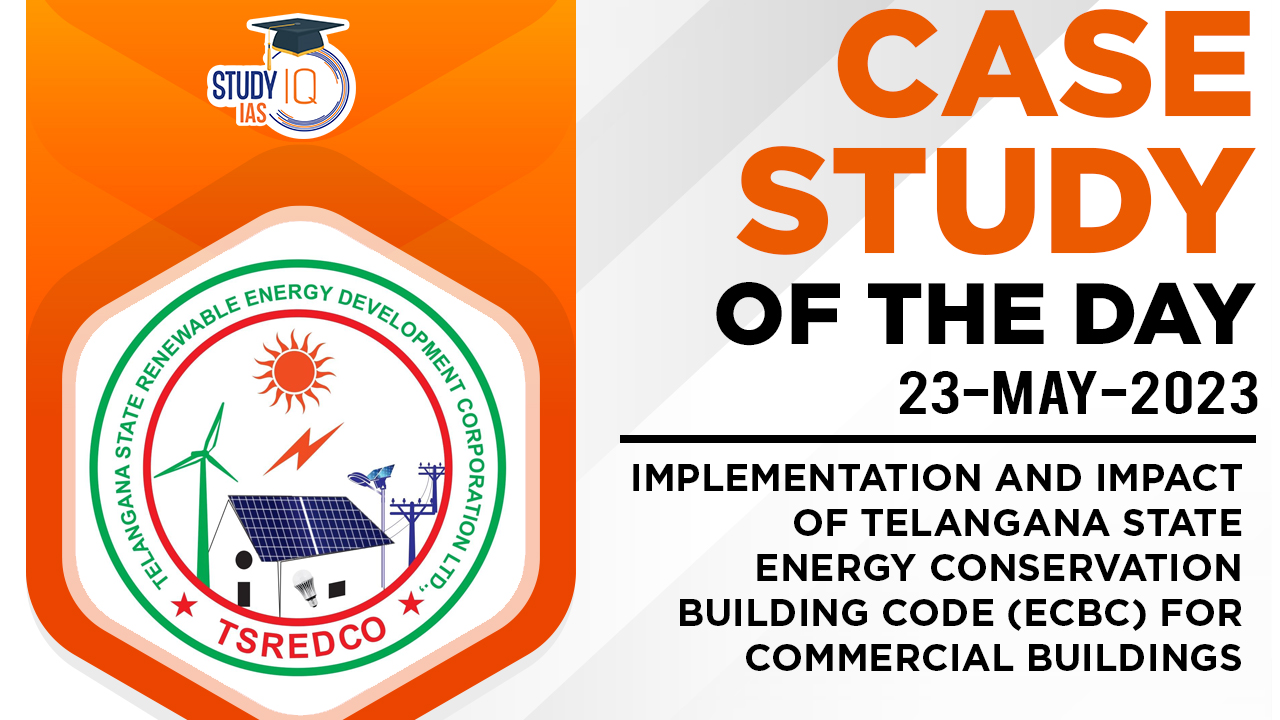Table of Contents
Introduction
- The Telangana State Energy Conservation Building Code (ECBC) is a regulatory framework that aims to promote energy efficiency and conservation in commercial buildings across the state of Telangana.
- The ECBC was introduced by the Telangana State Government in line with the Energy Conservation Act, 2001, and its subsequent amendments.
- Its primary objective is to optimize energy consumption in commercial buildings by setting minimum energy performance standards and providing guidelines for design, construction, and operation of energy-efficient structures.
- The code covers various aspects, including building envelope design, lighting, heating, ventilation, and air conditioning (HVAC) systems, renewable energy utilization, and energy management practices.
Implementation Process
- The implementation of the ECBC involved a phased approach, including awareness campaigns, capacity-building workshops, and training sessions for architects, engineers, builders, and other stakeholders.
- The Telangana State Energy Efficiency Development Corporation (TEEDC) played a crucial role in facilitating the adoption and compliance with the ECBC guidelines.
- Building owners and developers were required to obtain ECBC clearance from the local authorities before initiating construction or major renovations.
Key Provisions of the ECBC
- Building Envelope Design: Guidelines for insulation, glazing, shading, and thermal performance to minimize heat gain/loss.
- Lighting: Efficient lighting design, use of day lighting, and mandatory installation of energy-efficient lighting fixtures.
- HVAC Systems: Specification of high-efficiency equipment, proper insulation, zoning controls, and energy management systems.
- Renewable Energy: Provision for the integration of renewable energy systems, such as solar panels, for on-site power generation.
- Building Automation Systems: Encouragement for the use of advanced automation systems for efficient operation and monitoring of energy consumption.
- Energy Audits and Management: Mandatory energy audits at regular intervals, along with the implementation of energy management practices to optimize energy use.
Challenges and Overcoming Barriers
- The implementation of the ECBC faced several challenges, including resistance from builders and developers due to increased initial costs, lack of awareness and technical expertise among stakeholders, and the need for capacity building.
- To address these barriers, the TEEDC collaborated with industry associations, conducted extensive training programs, and provided financial incentives, including tax benefits and subsidies, to encourage compliance.
- Additionally, the gradual enforcement of the ECBC in a phased manner allowed stakeholders to adapt and learn from early implementations.
Impact and Benefits
- Energy Savings: The code has significantly reduced energy consumption in commercial buildings through efficient design and operation practices.
- Cost Savings: Building owners and occupants experience reduced energy bills and operational costs due to improved energy efficiency.
- Enhanced Comfort and Productivity: Optimized HVAC systems and indoor environmental quality result in improved occupant comfort and productivity.
- Environmental Sustainability: The ECBC has contributed to a reduction in greenhouse gas emissions and the overall environmental footprint of commercial buildings.
- Market Transformation: The code has fostered the development of a market for energy-efficient technologies and services, driving innovation and economic growth in the energy sector.
Conclusion
- The Telangana State Energy Conservation Building Code (ECBC) has emerged as a pivotal instrument in promoting energy efficiency and conservation in commercial buildings within Telangana.
- Despite initial challenges, the implementation of the code has resulted in significant energy savings, cost reductions, and environmental benefits.
- Continued efforts to raise awareness, provide technical support, and incentivize compliance will further enhance the impact of the ECBC, ultimately leading to a more sustainable built environment in the state.


 Daily Quiz 16 July 2025
Daily Quiz 16 July 2025
 US Approach to the Trade Deal with India...
US Approach to the Trade Deal with India...





















